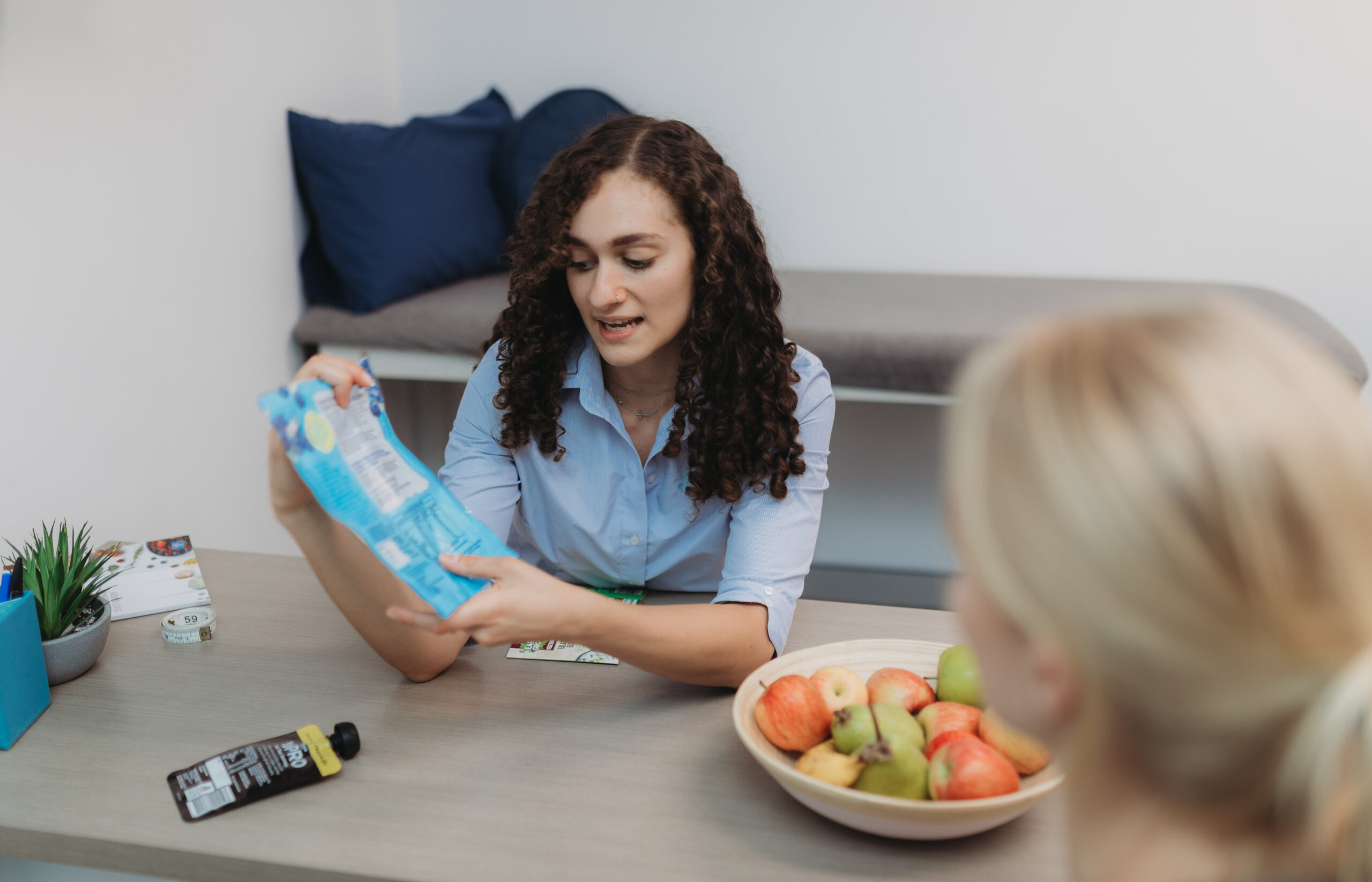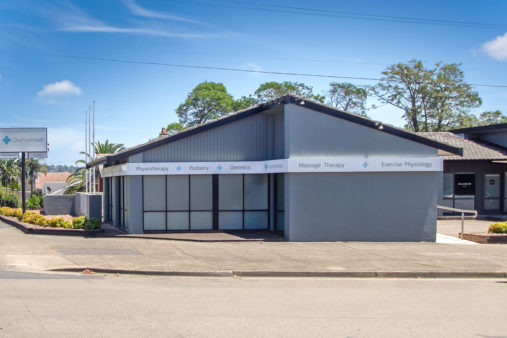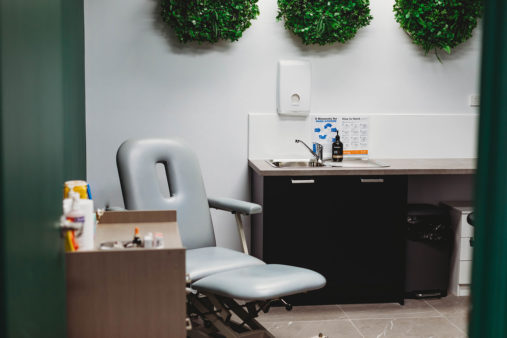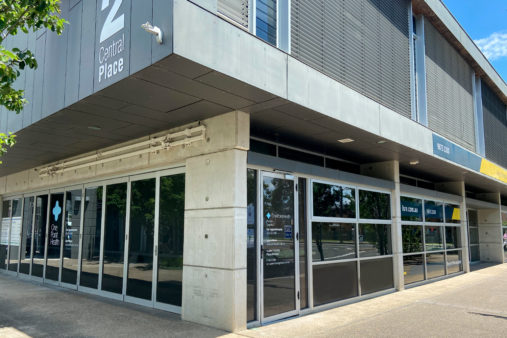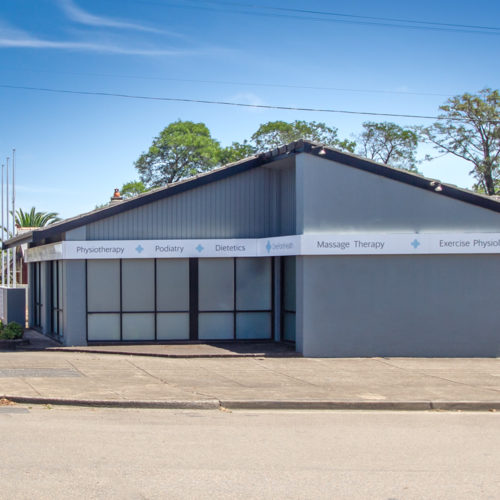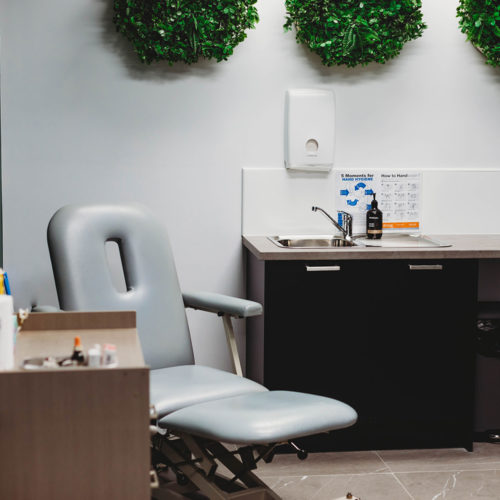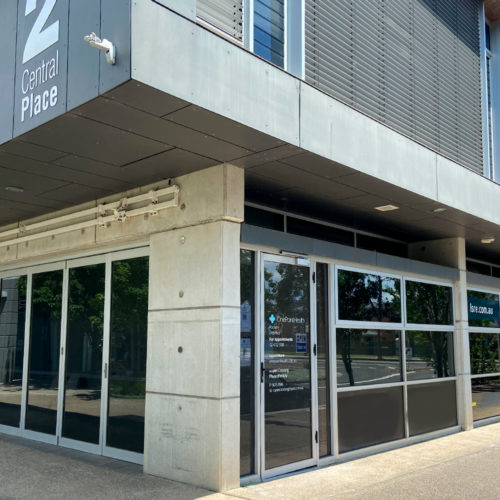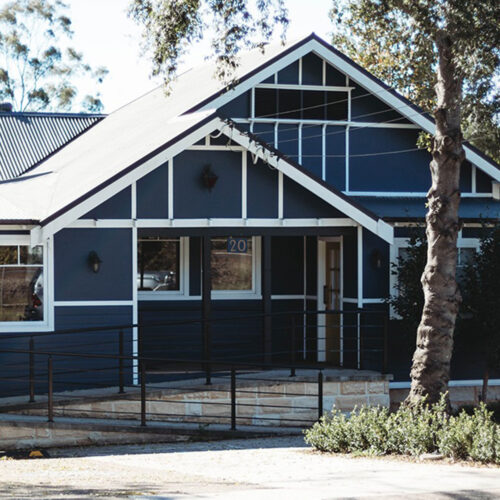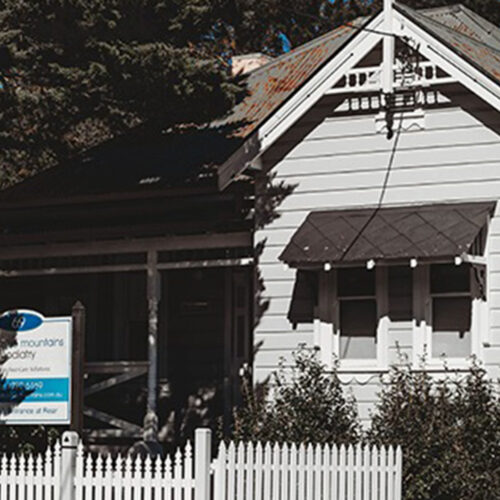If you have been diagnosed with gastro-oesophageal reflux disease (heartburn), Irritable Bowel Disease (IBD) or have gut and stomach issues, such as Irritable Bowel Syndrome or are unsure what is going on, then our dietitians and nutritionist are here to help.
Can a dietitian help treat reflux or heartburn?
GORD stands for gastro-oesophageal reflux disease, which is a chronic digestive disorder that occurs when stomach acid flows back into the esophagus, causing symptoms such as heartburn, regurgitation, and difficulty swallowing. GORD can be caused by a variety of factors, including a weakened lower esophageal sphincter (the ring of muscle that separates the stomach from the esophagus), a hiatal hernia, and certain lifestyle factors such as smoking, obesity, and certain medications.
A common and first line of treatment for GORD includes making lifestyle changes. Making changes to your diet and lifestyle can help reduce symptoms of GORD. Our dietitians are able to help you reduce your symptoms of GORD by assisting in losing weight if you’re overweight, avoiding trigger foods such as caffeine, alcohol, and spicy foods, and implementing certain strategies that address the cause.
Do you suffer from Inflammatory bowel disease (IBD)?
Inflammatory bowel disease (IBD) is a group of chronic digestive disorders that cause inflammation in the gastrointestinal tract. The two most common types of IBD are Crohn’s disease and ulcerative colitis. Crohn’s disease can affect any part of the digestive tract, from the mouth to the anus. It is a chronic condition that can cause a range of symptoms, including diarrhea, abdominal pain, and fatigue. Ulcerative colitis is also an IBD that primarily affects the colon and rectum. It is characterized by inflammation and sores (ulcers) in the lining of the colon, which can lead to a range of symptoms, including abdominal pain, diarrhea, and rectal bleeding.
Nutrition plays an important role in the management of IBD, as certain foods can trigger symptoms and others can help alleviate them. It’s important to work with an accredited practising dietitian as they provide the following:
- Nutritional assessment: A dietitian can assess an individual’s nutritional status and identify any nutrient deficiencies or other nutritional concerns related to IBD.
- Education on dietary modifications: A dietitian can provide education on dietary modifications that may help manage symptoms of IBD, such as reducing intake of high-fat and high-fibre foods during flares, while emphasizing adequate intake of protein, fluids, and key micronutrients.
- Personalized meal planning: A dietitian can help develop a personalized meal plan based on the individual’s food preferences and any dietary restrictions or intolerances.
- Monitoring and follow-up: A dietitian can monitor the individual’s progress and make adjustments to their meal plan as needed. They can also provide ongoing support and education.
- Collaboration with healthcare team: A dietitian can collaborate with the individual’s healthcare team to ensure that their nutrition plan is aligned with their medical treatment plan, and to optimize overall care.
Overall, a dietitian can play a crucial role in helping individuals with IBD achieve optimal nutrition and manage their symptoms.
Did you know, changing your diet can reduce symptoms and the severity of diverticulosis and diverticulitis?
Diverticulosis is a condition in which small, bulging pouches (diverticula) develop in the lining of the colon. Diverticula are common in people over the age of 40 and are usually harmless, but they can cause symptoms such as bloating, cramping, and constipation. Here are some ways that a dietitian can help treat diverticulosis:
- High-fibre diet: Eating a high-fibre diet can help prevent and manage diverticulosis. Fibre helps soften stool and promote regular bowel movements, which can reduce pressure on the colon and prevent the formation of new diverticula.
- Adequate hydration: Drinking enough water and other fluids can help keep stools soft and prevent constipation, which can worsen diverticulosis symptoms. – Balanced meals: A dietitian can help individuals with diverticulosis develop balanced meals that include a variety of nutrient-rich foods while avoiding certain foods that may trigger symptoms, such as high-fat and high-sugar foods. – Avoiding certain foods: While there is limited evidence to support specific food restrictions in diverticulosis, some people may find that certain foods trigger symptoms, such as gas, bloating, and cramping. These may include high-fat and high-sugar foods, as well as certain types of beans, nuts, and seeds.
- Education on lifestyle modifications: A dietitian can provide education on lifestyle modifications that can help manage diverticulosis, such as regular exercise and stress reduction techniques.
What is the difference between diverticulosis and diverticulitis?
If diverticulosis progresses to diverticulitis, which is a more serious condition in which the diverticula become inflamed or infected, treatment may involve antibiotics, a clear liquid diet, and sometimes hospitalization. In severe cases, surgery may be needed to remove the affected portion of the colon. It’s important to work with an accredited practising dietitian to avoid it progressing to diverticulitis
